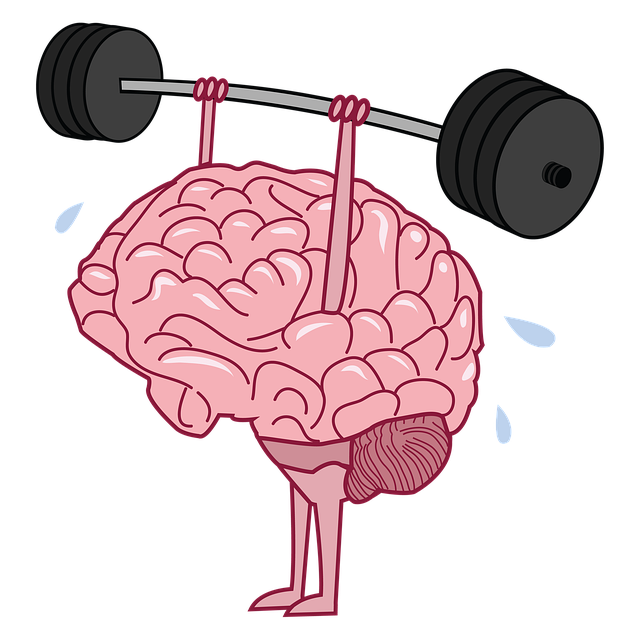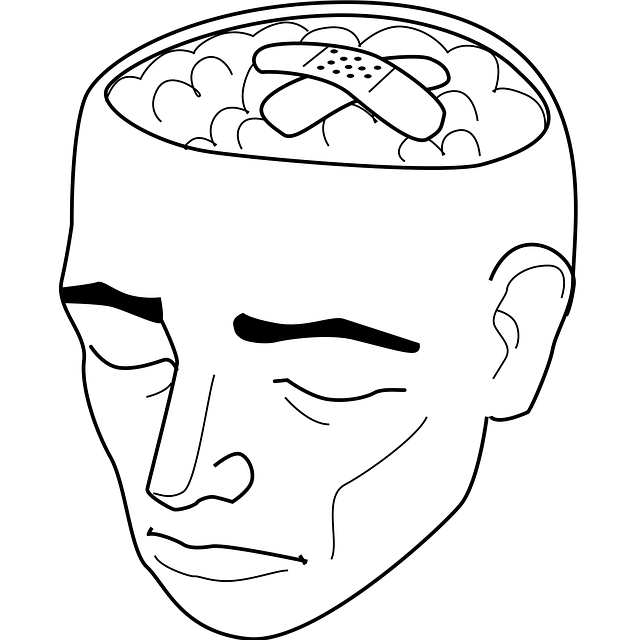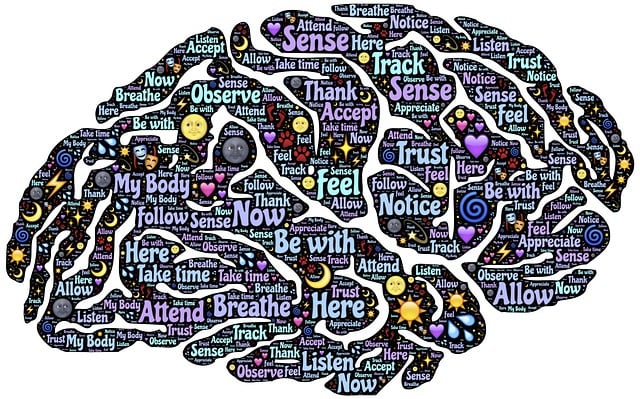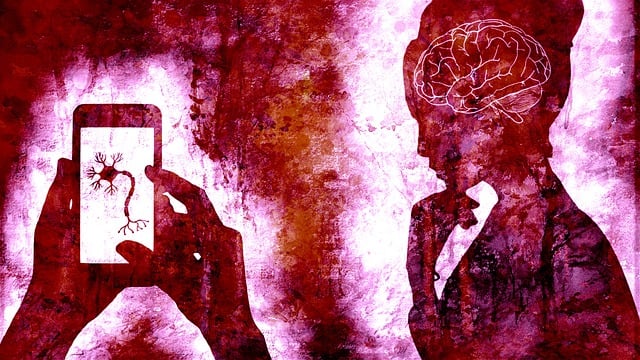Adult Dialectical Behavioral Therapy (DBT) is an effective tool for public mental health initiatives, teaching emotion regulation, distress tolerance, mindfulness and interpersonal skills. By integrating DBT into policies and awareness campaigns, we can promote mood management and prevent burnout among healthcare providers. Targeted messaging and content strategies, tailored to diverse audiences, are vital for successful campaigns highlighting DBT's benefits in empowering mood control, enhancing communication, and developing healthier coping mechanisms. Evaluation methods measure campaign reach and impact, refining future initiatives for enhanced community resilience and well-being.
Public awareness campaigns play a pivotal role in promoting mental health, especially through Therapy for Adults like Dialectical Behavioral Therapy (DBT). This article explores how to effectively create and implement these campaigns. We delve into understanding DBT as a foundation, identifying diverse target audiences, crafting compelling messaging, and evaluating campaign success. By adhering to these strategies, public health promoters can significantly enhance mental wellness awareness among various populations.
- Understanding Adult Dialectical Behavioral Therapy (DBT): A Foundation for Awareness
- Identifying Target Audiences and Their Unique Needs
- Crafting Compelling Messaging and Content Strategies
- Implementing and Evaluating Campaign Effectiveness: Measuring Success in Public Health Promotion
Understanding Adult Dialectical Behavioral Therapy (DBT): A Foundation for Awareness

Adult Dialectical Behavioral Therapy (DBT) is a highly effective approach that forms a robust foundation for public awareness campaigns. DBT, initially designed for individuals with borderline personality disorder, focuses on teaching skills to regulate emotions, tolerate distress, enhance mindfulness, and improve interpersonal effectiveness. This therapy for adults goes beyond mere treatment by empowering individuals with tools to navigate life’s challenges, fostering resilience and self-awareness.
In the context of mental health policy analysis and advocacy, understanding DBT is pivotal for developing holistic strategies like burnout prevention for healthcare providers. By integrating DBT techniques into public awareness initiatives, campaigns can promote mood management and emotional well-being on a larger scale. This evidence-based therapy’s ability to enhance coping mechanisms makes it an invaluable asset in addressing mental health concerns within communities, ultimately leading to improved overall well-being.
Identifying Target Audiences and Their Unique Needs

Identifying target audiences is a crucial step in developing effective public awareness campaigns. Different demographics have unique needs and challenges when it comes to mental health. For instance, while teenagers might benefit from educational workshops on stress management, adults could require more specialized approaches such as Dialectical Behavioral Therapy (DBT) for depression prevention. DBT, a form of therapy for adults, has proven effective in managing emotional regulation and distress tolerance skills, making it an ideal component to include in campaigns targeting specific adult populations at risk of mental health issues.
Understanding the specific needs of your audience is enhanced through comprehensive risk assessments for mental health professionals. This allows campaign creators to tailor messages and resources accordingly, ensuring that Depression Prevention initiatives resonate with their intended recipients. By doing so, Mental Health Awareness can be effectively fostered, empowering individuals to seek appropriate support and treatment when needed.
Crafting Compelling Messaging and Content Strategies

Crafting compelling messaging and content strategies is a cornerstone of successful public awareness campaigns for therapy services like Dialectical Behavioral Therapy (DBT) targeted at adults. The key lies in creating accessible, engaging content that resonates with the intended audience while accurately conveying the benefits and unique aspects of DBT. Messaging should emphasize how DBT empowers individuals to manage their moods effectively, improve communication strategies, and develop healthier coping mechanisms.
Integrating these concepts requires a deep understanding of the target demographic’s challenges and preferences. This involves tailoring content for diverse audiences, ensuring it aligns with cultural competencies expected of healthcare providers offering such specialized services. Effective campaigns leverage various media platforms to disseminate information, from social media posts that share quick tips on mood management, to blog articles exploring specific DBT techniques, to video testimonials showcasing real-life transformations through therapy.
Implementing and Evaluating Campaign Effectiveness: Measuring Success in Public Health Promotion

Implementing and evaluating campaign effectiveness is a crucial step in public health promotion. Measuring success involves assessing the reach and impact of awareness campaigns, such as those focused on Mental Health Awareness or specific therapies like Dialectical Behavioral Therapy (DBT). By utilizing various evaluation methods, including surveys, focus groups, and data analytics, it’s possible to gauge how well the campaign has informed and influenced the target audience. This process helps in understanding the public’s perception of mental health issues and preferences for support systems, ultimately refining future initiatives.
For instance, a campaign promoting Self-Care Routine Development for Better Mental Health can be evaluated through pre- and post-campaign surveys to track changes in self-reported mental well-being and adoption rates of recommended self-care practices. Such insights are invaluable for tailoring interventions, ensuring that public awareness campaigns not only reach their intended audience but also prompt meaningful behavioral changes, enhancing overall community resilience and well-being.
Public awareness campaigns play a pivotal role in educating communities about effective therapeutic approaches, such as Adult Dialectical Behavioral Therapy (DBT). By understanding specific audience needs and crafting tailored messaging, we can create impactful initiatives. Implementing these strategies not only raises awareness but also empowers individuals to make informed decisions regarding their mental health. Through rigorous evaluation, we ensure that campaigns like these effectively drive positive change in public health promotion, leveraging the benefits of DBT for adults seeking support.














